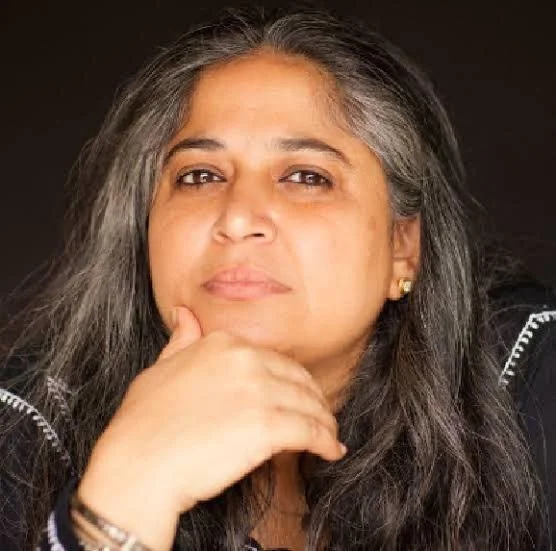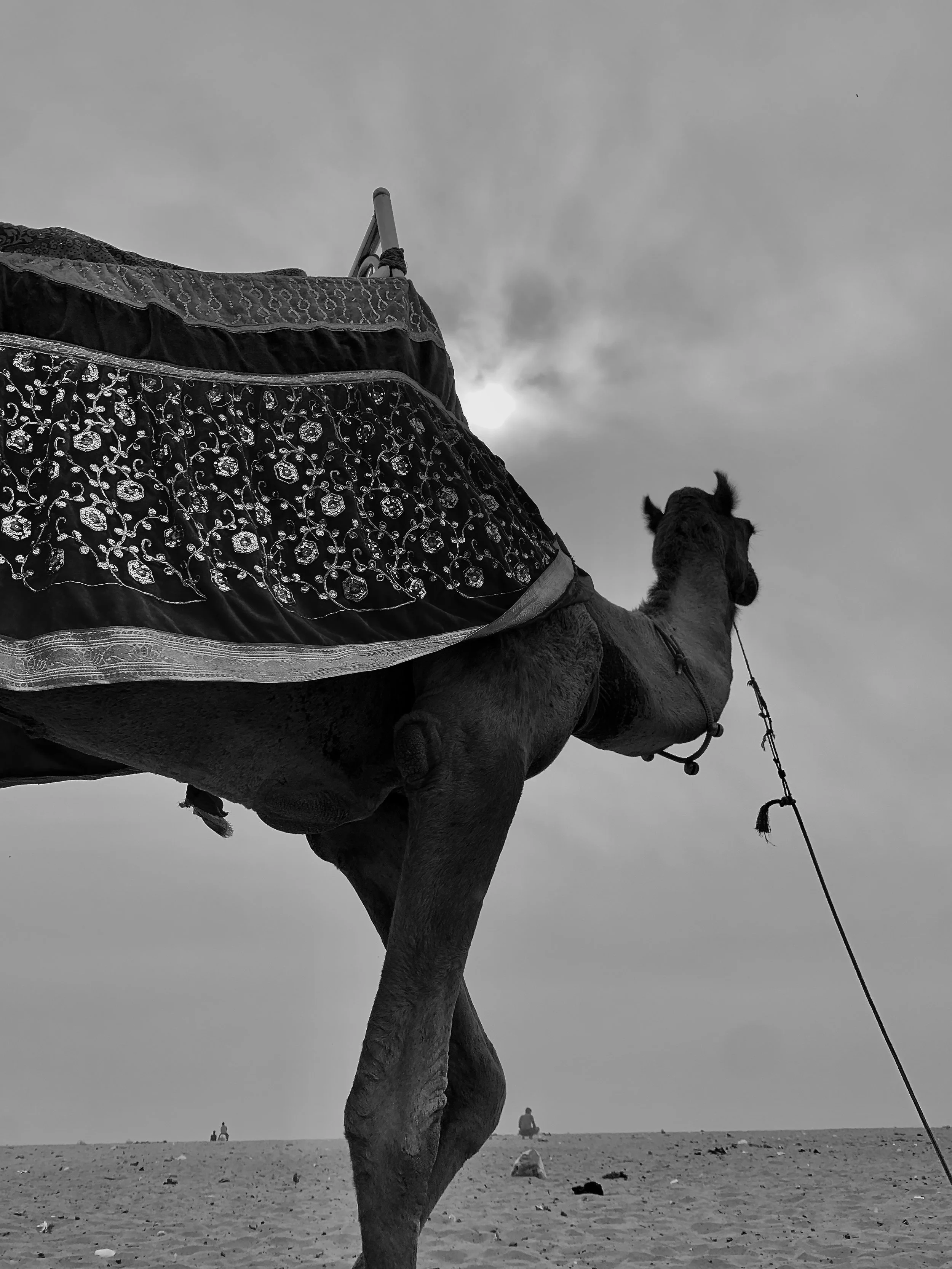
A renound internationally acclaimed storyteller making a diffrence through film.
It all began with an idea to tell stories that expand human consciousness.
meet our director ANJALI Bushan.
Directors bio
Anjali Bhushan is a multifaceted filmmaker known for her inspiring and hopeful storytelling. She has directed and co-produced international documentaries, including " the Oscar-nominated "India's Daughter", "My Home India," and The Colours of Asia curated "Smiling Woman Of Banda". Anjali has a vast network in the Indian and global film industry. Her collaborations have included BBC, DR, and NHK amongst others. She has extensive experience collaborating with the government and is focused on a high standard of national values.
She began her directing career with TV shows like "Namaste India," "People's Club," and "Take5" for Sony TV, Zee TV, and EL TV. Anjali has contributed to notable films such as "Kuch Kuch Hota Hai," "Albela," "Kismat Konection," "Dharm," and "Shivaay." In her last role as Vice President of Content and Production at Viacom18 Studios, she developed and delivered an impressive slate of 15 films and digital series for Theatres, Netflix, and Jio Studios.
Anjali's upcoming projects involve collaborating with a Hollywood A-list producer Phoenix Pictures to create an English-language film based on her award-winning documentary, "My Home India," highlighting Kira Banasinska's work with Polish refugees in India. This exciting film has already secured a letter of intent and boasts an international cast and crew.
Anjali is currently in pre-production of her fiction directorial debut and is re-launching her documentary production label Apricot Sky Entertainment with her new Climate Change documentary. She has also joined hands with Meet Bros to launch Yantra Films, a film and series production company.
Other Notable Projects: "Satyameva Jayate", "Hate Story", "Blackmail", "Fanney Khan", "Batla House", "Marjaanvaan", "Kabir Singh", "Arjun Patiala", "Street Dancer 3D", "Saina", "Ludo", Ray, Jamtara2, She2, Shabaash Mithu, Transition, Gaanth, Murder In Mahim, Kaalkoot, Cadets, Dhak Dhak, Karbon Copy, Single Salma, Logout etc.
purpose
As a woman born in a nonpracticing Hindu family bread on secularism, I have been exploring the relevance of Hinduism in the contemporary world. Why is pride in Hindu civilization treated like a threat? Looking beyond assumed divisive national politics, in the fluid current world order where the world is polarised on the American presidency and its tariff-based economy; what place does the Hindu philosophy have in the contemporary global landscape?
Can you imagine France being ashamed of the Renaissance or the British hiding Shakespeare? Can we picture Greece deleting Socrates from history? Of course not, but in India, we find the glorification of invaders and colonizers and a subtle critique of embracing our own culture. The Panchatantra is forgotten while Aesop's fables are celebrated even though they borrowed heavily from us. In the name of national integration and a misappropriated secularism, we bury our heritage to make other communities more comfortable. We call Chanakya, the Machiavelli of India even though he was alive a thousand years earlier and built a far bigger empire. Our texts have been translated from Sanskrit to German and from German to English; in the process, we have lost a lot. The catholicism of Hinduism has been fed to us in our school textbooks in a white-washed Indian history.
Today any awake Indian is asking 'How can a nation move forward by being ashamed of its roots'.
My job as a filmmaker is to ask the questions of what, why, and how. In my research, I am digging to understand the layers of perceived and projected myths to go beyond myth to understand the fabric of contemporary Indian society where everything is not perfect, yet we seem to be the world's largest democracy, existing in a critique of our own ways in direct contrast to the political intolerance in the rest of the world today. I am, as a filmmaker interested in debunking several myths to go beyond and embrace the dichotomy in a multi-layered, nonconformist, nondualistic way of life - the Santa Dharma. Is there an answer here beyond cultural appropriation?



